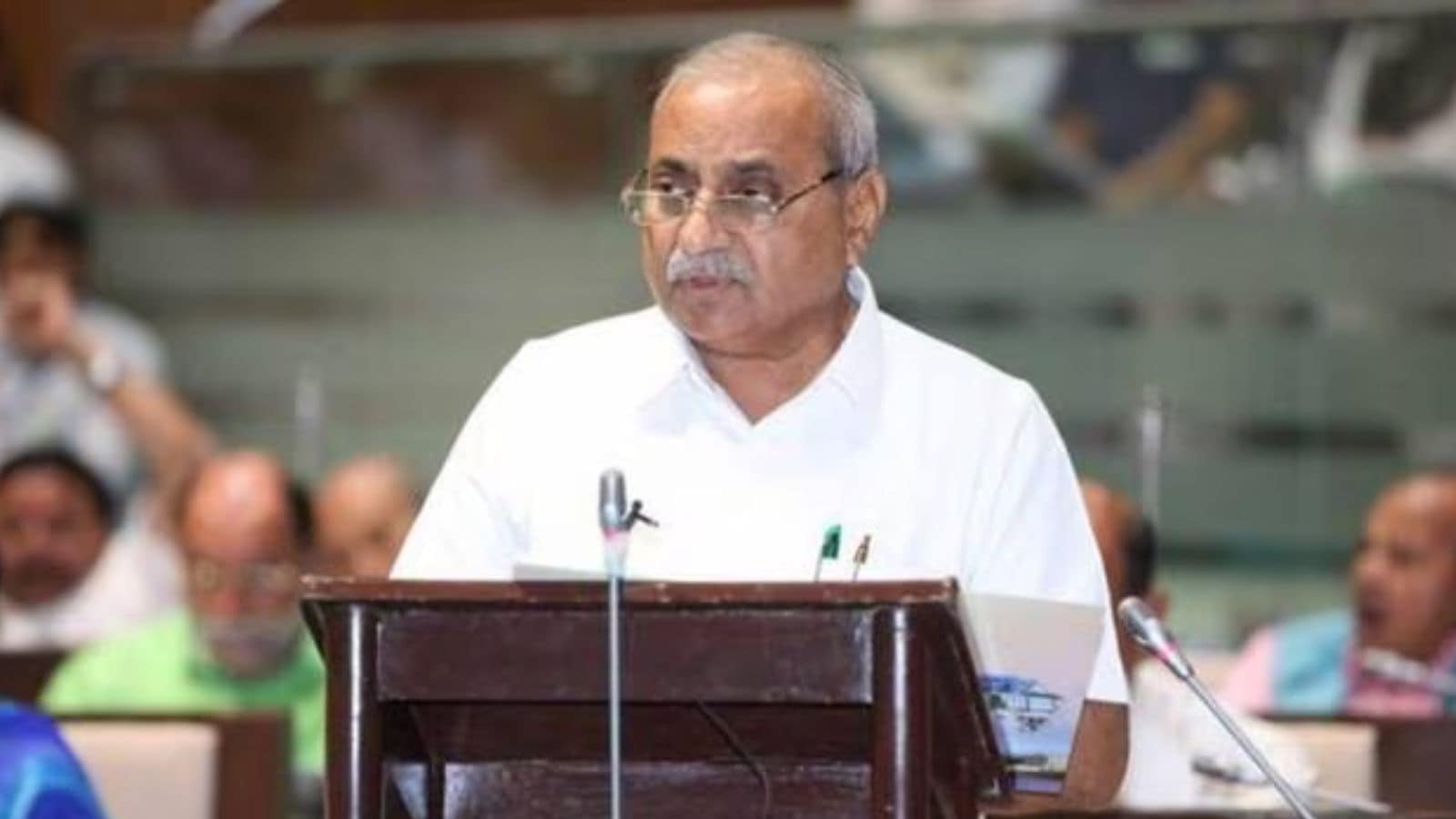 |
|
The recent deportation of 104 Indians from the United States has sparked a wave of sympathy and discussion, particularly within the Indian state of Gujarat. Nitin Patel, a former Deputy Chief Minister of Gujarat, publicly voiced his empathy for the deportees, highlighting a complex issue that underscores the precarious position of undocumented immigrants and the challenges they face navigating foreign legal systems. Patel's statement, made via a Facebook video, emphasized that while these individuals may have initially entered the US without proper documentation, they had, according to his understanding, abided by all American laws while residing in the country. This assertion, while sympathetic, raises questions about the accuracy of Patel's claims and the overall complexities surrounding the deportation process. The statement highlights the deep-seated emotional ties between the Indian diaspora and their homeland, particularly within tightly-knit communities like those in Gujarat.
Patel's claim that the deported individuals were law-abiding citizens raises several crucial points. Firstly, it calls into question the criteria used by US immigration authorities for deportation. Were these individuals deemed a threat to public safety or national security? Were they convicted of crimes, or were they deported simply for violating immigration regulations? The lack of specific details in Patel's statement prevents a thorough analysis of the situation, leaving the public reliant on limited media reports and potentially biased narratives. Secondly, it raises questions about the support system available to Indian immigrants in the US. Did these individuals lack access to legal representation or assistance in understanding and navigating the complex immigration laws? Understanding the challenges faced by immigrants, including language barriers and the intricacies of the US legal system, is vital to addressing the root causes of deportation. The lack of such crucial information leaves a void in understanding the full scope of the situation.
The incident underscores the broader issues surrounding immigration and deportation policies, both within the United States and globally. The case highlights the human cost of strict immigration enforcement, leaving families separated and individuals facing uncertain futures. While Patel's sympathetic words offer a humane perspective, it's essential to move beyond emotional responses and examine the systemic issues that contribute to such situations. This involves scrutinizing the US immigration system's fairness and efficiency, as well as examining the support available to Indian immigrants navigating the complex process. Further investigation is needed to ascertain the precise reasons for the deportation and whether due process was followed in each case. The incident should serve as a catalyst for dialogue on immigration reform and the protection of the rights of undocumented immigrants.
The incident also highlights the role of elected officials in representing their constituents, particularly those living abroad. Patel's public expression of sympathy indicates a commitment to advocating for the well-being of his constituents, even those who reside outside of his immediate jurisdiction. This act could be seen as a positive step towards bridging the gap between the Indian diaspora and the government, and fostering a stronger sense of support for those facing challenging circumstances. However, it is equally important to critically examine the limitations of such pronouncements. Can a single statement adequately address the multitude of legal and social complexities surrounding immigration? Is it enough to offer sympathy without also advocating for policy changes that would prevent similar deportations in the future?
Ultimately, the deportation of 104 Indians from the US serves as a stark reminder of the vulnerabilities faced by undocumented immigrants worldwide. The case calls for a comprehensive examination of immigration policies, enforcement practices, and the support systems available to immigrants navigating foreign legal systems. While sympathy is crucial, sustained action is required to address the systemic issues that contribute to such humanitarian crises. Further investigation is required to fully understand the circumstances surrounding each deportation, ensuring transparency and accountability within the US immigration system and promoting better protection for vulnerable immigrant populations.
